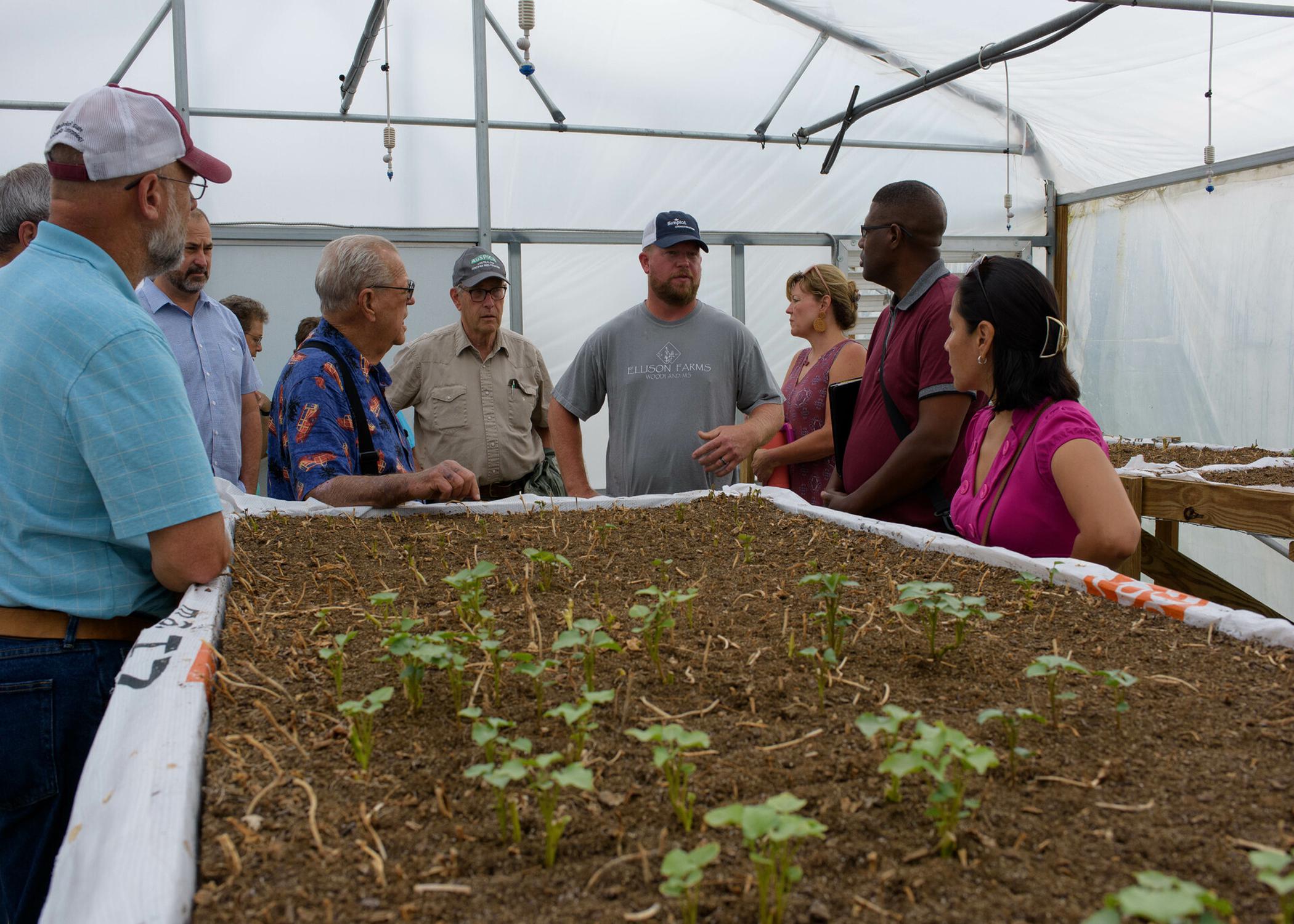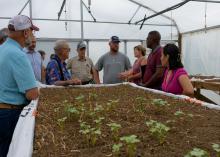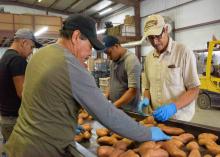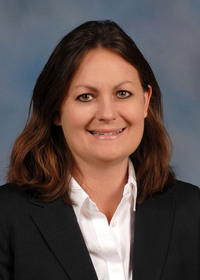Information Possibly Outdated
The information presented on this page was originally released on July 27, 2021. It may not be outdated, but please search our site for more current information. If you plan to quote or reference this information in a publication, please check with the Extension specialist or author before proceeding.
Event addressed the long-term success of sweet potato industry
STARKVILLE, Miss. -- In late July, 54 stakeholders from across the country met in person and remotely to hammer out their perspectives on the best way to sustain the nation’s sweet potato industry.
The CleanSEED workshop was hosted by the Mississippi State University Extension Service and the Mississippi Agricultural and Forestry Experiment Station, or MAFES. It was held at the MSU campus and the MSU Pontotoc Ridge-Flatwoods Branch Experiment Station. Funding for the workshop was provided by a grant awarded from the U.S. Department of Agriculture-National Institute of Food and Agriculture Specialty Crop Research Initiative.
The workshop began with a tour of commercial greenhouses used to grow clean plants, a commercial packing shed and current research studies at the branch station. This site is recognized by the National Clean Plant Network as one of six clean plant centers across the country.
Mark Shankle, a researcher and MAFES professor, said growers from California, North Carolina, Arkansas and Louisiana had the opportunity to see how Mississippi produces sweet potatoes and tour lab, greenhouse and field research.
“This event gave growers, researchers and industry personnel a chance to meet around a common interest and learn from each other,” Shankle said. “For three days, we were able to discuss the challenges facing the industry, hear about new ideas being explored in other states and share data from our states’ industry.”
Mississippi consistently ranks second in the United States in sweet potato acreage with a crop valued at $121 million in 2020. Most of the state’s approximately 29,500 acres of sweet potato production are in the Calhoun County area.
The focus of the event was to identify needs within the industry and compile that information so that grant applications can be made. Participants were interested in how clean seed can aid their industry in a variety of ways.
“The CleanSEED project centers on the certified seed programs established across the country where plant material is cleaned of viruses and diseases in a lab,” Shankle said. “Clean plant material is cultured and propagated in a greenhouse and sold to growers.
“Many sweet potato growers further propagate the clean plants in their own greenhouses for their own use and to sell to fellow growers as seed roots for the next year’s crop,” he said.
At the workshop, stakeholders addressed harmonizing sweet potato certification programs, the use of technology to produce clean plant material, and other forward-facing, industry-specific topics.
Short-term goals of the CleanSEED workshop are to identify research and Extension objectives to enhance security for certified seed programs to threats such as disease, viruses and invasive pests,” Shankle said. “Longer term goals will identify ways to ensure a sustainable supply of sweet potatoes.”
Lorin Harvey, an MSU postdoctoral research associate, said that participants used a goal-setting process to discuss the need to create and adopt uniform terminology regarding clean seed, labor issues, controlling viruses, and weed and insect issues.
“There is a lot of overlap between these issues, and participants were able to concretely discuss how these priorities related to each other,” Harvey said.
In the long term, any research-supported changes must be efficient and sustainable.
“If you don’t increase profitability and remain environmentally friendly, none of these changes will be adopted,” Harvey said.






